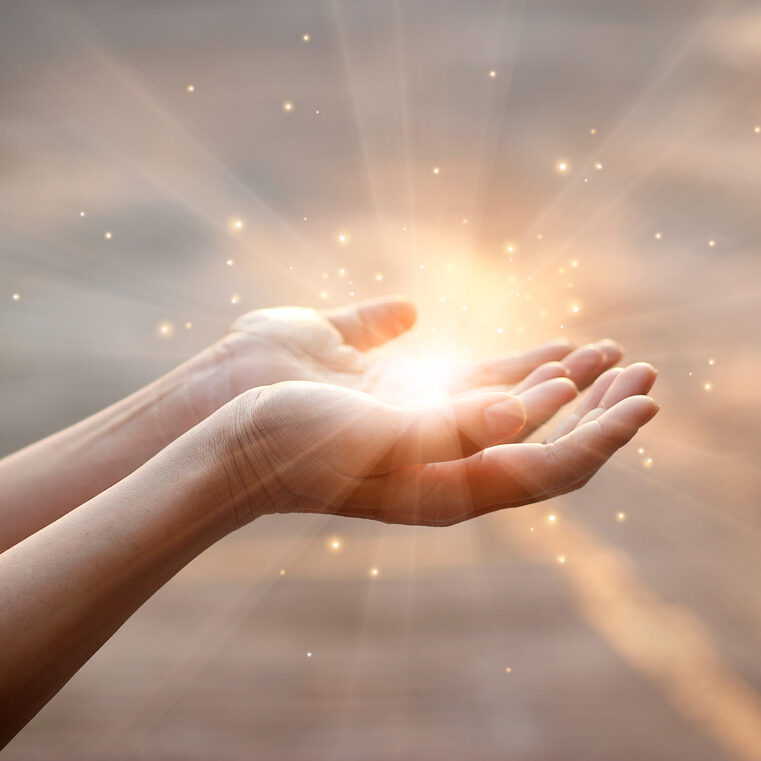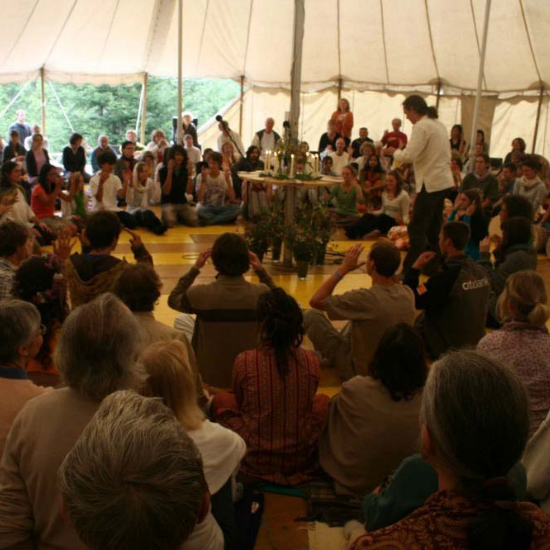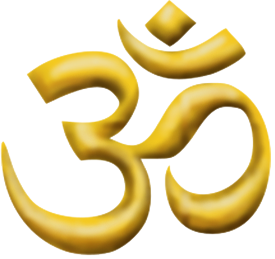What is the Universal Worship?

The Universal Worship service is an inclusive ceremony reminding us that despite our uniqueness and diversity, we are all interconnected expressions and reflections of the One Divine Being.
The Service starts with a beautiful arc of light that illuminates the altar as we light candles honoring all the World’s religions. And we pause to acknowledge all those who may be unknown to the world, but who bring light to the darkness of human ignorance.
Our multi-faith service weaves together readings, prayers, song, and silence as we open our hearts to receive inner guidance. Honoring and sharing our inspiration and wisdom, this beautiful ceremony unites us together in a powerful message of Love, Harmony, and Beauty.
There is an element in our spiritual life that exceeds our understanding. However much we might long to understand, there is something else that is undefinable, ineffable, and that ultimately is the only thing that really makes sense in life, which is glorification. This notion seems to be somewhat lost in our time, but the fulfillment of one’s life is attained in glorification. It is the ultimate act in the heavens, and all aspects of nature participate in it.
In order to be able to experience what we were born out of—which was an act of glorification, the High Mass celebration in the heavens—we celebrate down here, translating in our little terms something that is beyond our compass.
We light candles because it is a reminiscence of the light in the heavens.
We play music because part of the High Mass is the music of the spheres behind the universe.
We burn incense because incense represents the transfiguration of the earth, matter being transmuted into Spirit.
“We have processions because that’s the way it is in the heavens; there is all that jubilation manifesting as motion.”
—Pir Vilayat Inayat Khan

The Ideal of God
By whatever name it is known--God, Vishnu, the Void—the One Being of the universe is ultimately too large to be fully encompassed in the consciousness of any human. There are stories in several traditions where a mortal asks the Divine to show itself how “it really is.” Rumi, for example, writes “Muhammad persisted in his request, and Gabriel revealed a single feather that reached from the east to the west; a glimpse that would have instantly crumbled to powder a mountain range. Muhammad stared, senseless. Gabriel came and held him in His arms.” Similarly, in the Bhagavad Gita, Arjuna is overwhelmed and speechless by the Krishna’s revelation of only a tiny portion of his being.
The prophets and mystics who have merged their consciousness with the Divine have all been faced with the great difficulty of translating the ineffable into human terms, into words that would be understood by the people of their places and times. Through their words we can get some understanding of the Unity, and can feel something that resonates with our beings—that part of us that remains connected to the One, because we are a part of that One.
We must have a conception of God, for without that we have no way of relating or communicating our feelings and intuitions about the Being of the universe. On the other hand, we must also see that all our conceptions are limited, too limited to really describe what we wish to speak about. Can we liken God to a father, a mother, a king, a creator, nature itself? Yes, but while each description gives a part of the whole, none will ever encompass it.
A story is told of and encounter of Inayat Khan with a skeptic who proclaimed he did not believe in God. To which he replied, “I don’t believe in the God that you don’t believe in, either.” Yet possibly that skeptic did believe in truth, in beauty, in the evolution of humanity, and for him these ideals would be a more valid a description of the nature of divinity than any other.
There is no compulsion in religion. Each of us has our own private idealization of the Divine. As our hearts open, as our awareness evolves, so do our ideals of God change. Concepts appropriate to children get outgrown; concepts appropriate to certain times become superceded. But the Reality never changes, and is always found within us.




























